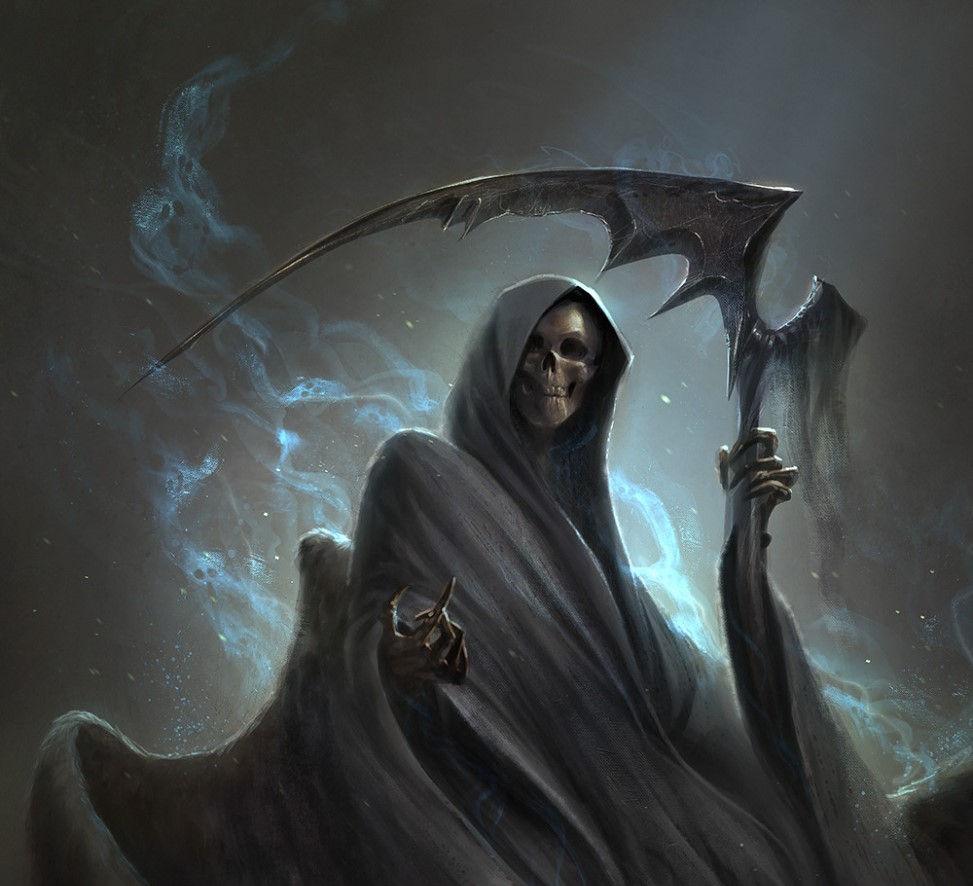Reviewing “On Passover Night” By Martins Deep
By Nwuguru Chidiebere Sullivan
“On Passover Night” by Martins Deep describes the concept of death and loss; it mirrors vividly the passing on of the poet’s father. The poem was written from a speculative point of view. It placed the poet in a liminal spot where he bore witness to the entry of death into their household, its activities and carriage up to its exit when it took the poet's father.
Martins Deep whose dexterity as a poet lies in his ability to present vivid imageries through his lines did not fall short in this piece. He at first made us know that “it rained” on this Passover night, clearly representing the tears that came after the loss of his father. To buttress this scenario clearly, he went thus; “on passover night, it rained. May showers washed off, from our lintel, the blood of our paschal lamb, & Azrael didn't Passover. our guest walked in, robbed with the scent of blooming flowers destined to wreathe an early grave.” Through these lines, we can see death, the visitor in this case, walking into the poet's home with alluring scents that lured breath out of the poet's father on that Passover Night. Passover Night in this case is a direct metaphor for the borderline between life and death.
Going further through the poem, we can see how he narrated more explicitly, the account of his father's encounter with death up to the point of his demise, and this was only possible because the poet wrote from a speculative point of view as though he was an omniscient witness. We can see this in the following lines of the poem: “widowbirds, hopping from the eye sockets of our guest, weaved the threads of father’s Sunday’s best into graveclothes. & after dipping his hands in the same bowl as father, he pulled out a serviette, & it was his death certificate. the dreary impression of his keen lips on this paper was a doctor’s stamp.”
We can tell from these lines that the visitor came all prepared for just the father, and it never mattered how generous it had to be to win the father's breath; a loss which created a void that even with the abundant dividends of dreams and purpose offered to the poet at the end of the poem could not be filled. Such an irreplaceable loss that we can not help but feel along the lines of the poem.
A prominent literary device that Deep employs is the “personification of death.” We see death possess animate characteristics giving it the full presence of a person, a guest. “Passover Night” is a great symbolism which was employed here to drive home the message of death just as in the case of the biblical Passover Night. Going further, we can see other literary devices employed by the poet to drive home his message.
To cap the analysis, we can see from this poem that death is selfish in its choice and it doesn't matter to it what the victims and their well-wishers feel at such a moment; it often ends up taking who he wants to take when it visits, we can only grieve in the aftermath of such visitation. The evidence of this is depicted in the last stanza of the poem.
Martins Deep (he/him), the author of “On Passover Night”, is a poet of Urhobo descent, a Taurus, photographer, digital artist, & currently an undergraduate student of Ahmadu Bello University, Zaria. He says hi @martinsdeep1.

Nwuguru Chidiebere Sullivan (he/him/his) is a speculative writer of Izzi, Abakaliki ancestry; a finalist for the SPFA Rhysling Award, a nominee for the Forward Prize, a data science techie and a medical laboratory scientist. He was the winner of the 2021 Write About Now’s Cookout Literary Prize. He has works at Strange Horizon, Nightmare Mag, Augur Mag, Filednotes Journal, Kernel Magazine, Mizna, and elsewhere. He tweets @wordpottersul1.





